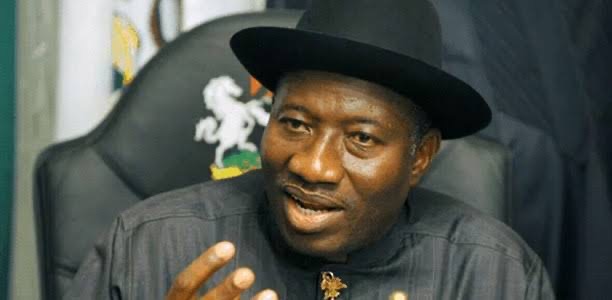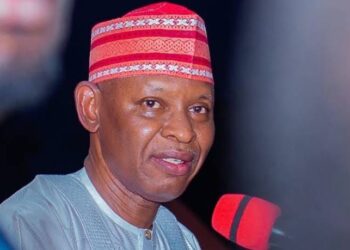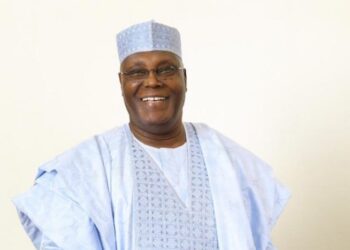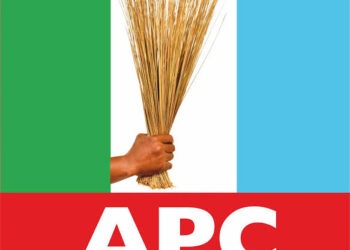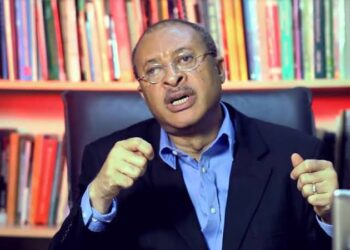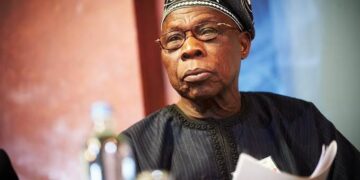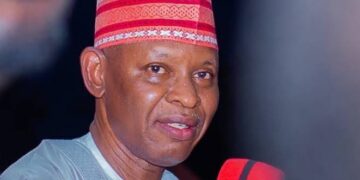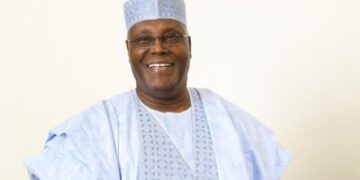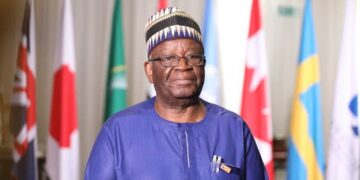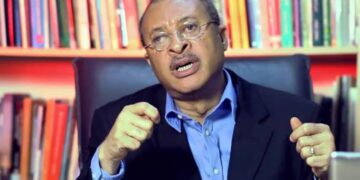In recent developments, northern political leaders have quietly initiated efforts to convince former President Goodluck Jonathan to enter the 2027 presidential race. This strategic move is intended to address growing dissatisfaction with the current administration, particularly in the northern part of Nigeria.
The northern elite’s discontent with President Bola Tinubu has become increasingly evident. Professor Khalifa Dikwa, Dean of the Borno Elders Forum, voiced this frustration during a recent appearance on national television. Dikwa criticized Tinubu’s leadership, arguing that his appointments have been poorly made and his policies have been detrimental to the northern region. He described Tinubu’s appointees as either “misfits” or “weak,” and claimed that their appointments had been “lopsided,” disadvantaging the North.
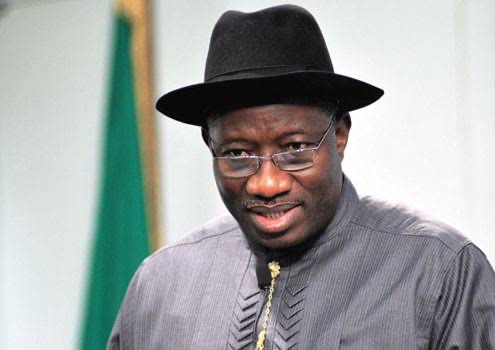
Dikwa’s criticism extends beyond regional concerns, suggesting that even leaders from the southern part of Nigeria should be upset. He argued that the current administration’s focus on Lagos is “provocative” and overlooks the broader needs of the country. According to Dikwa, this discontent is widespread, affecting both political and economic stability in the north.
Amidst this backdrop of dissatisfaction, some prominent northern politicians have started to publicly support Jonathan as a potential presidential candidate. Bauchi State Governor Bala Mohammed has been notably vocal about his support. Mohammed has stated that he would not contest the presidency if Jonathan decides to run, which has fueled speculation about Jonathan’s possible candidacy.
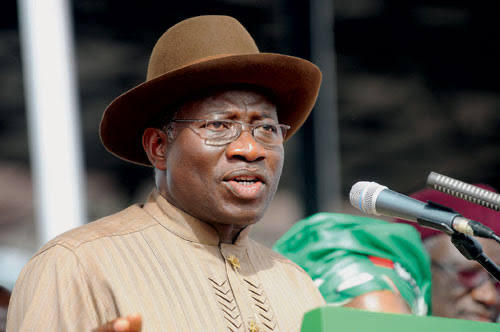
In a recent statement, Mohammed emphasized his admiration for Jonathan’s past leadership and expressed his willingness to support Jonathan’s bid with utmost dedication. He suggested that Jonathan’s experience and leadership style make him a strong candidate who could effectively address pressing issues, including the Almajiri system and youth unemployment, which are significant concerns in the north.
The northern elite is reportedly drawn to Jonathan’s previous track record of addressing regional issues and his inclusive approach to leadership. They believe that Jonathan’s presidency could help rectify the perceived failures of the current administration and restore balance in national governance. Additionally, they view Jonathan as a stable and experienced choice amid the shifting political landscape.
Despite these efforts to rally support for Jonathan, his close associates have downplayed any immediate plans for a presidential run. They argue that it is still too early to discuss his potential candidacy for 2027. Instead, Jonathan remains focused on his international assignments and humanitarian work, which he considers his current priorities.
As President Tinubu’s first term is set to end by May 2027, there is a possibility of a significant power shift. If Jonathan decides to run, it would align with Nigeria’s unwritten tradition of rotating the presidency between regions every eight years. Jonathan, who previously served as president from 2010 to 2015, would potentially complete a full cycle of leadership rotation if he were to win and serve again.
Overall, the northern leaders’ efforts to persuade Jonathan reflect their strategic maneuvering in response to current political dynamics and their desire to influence the direction of Nigeria’s future leadership.


